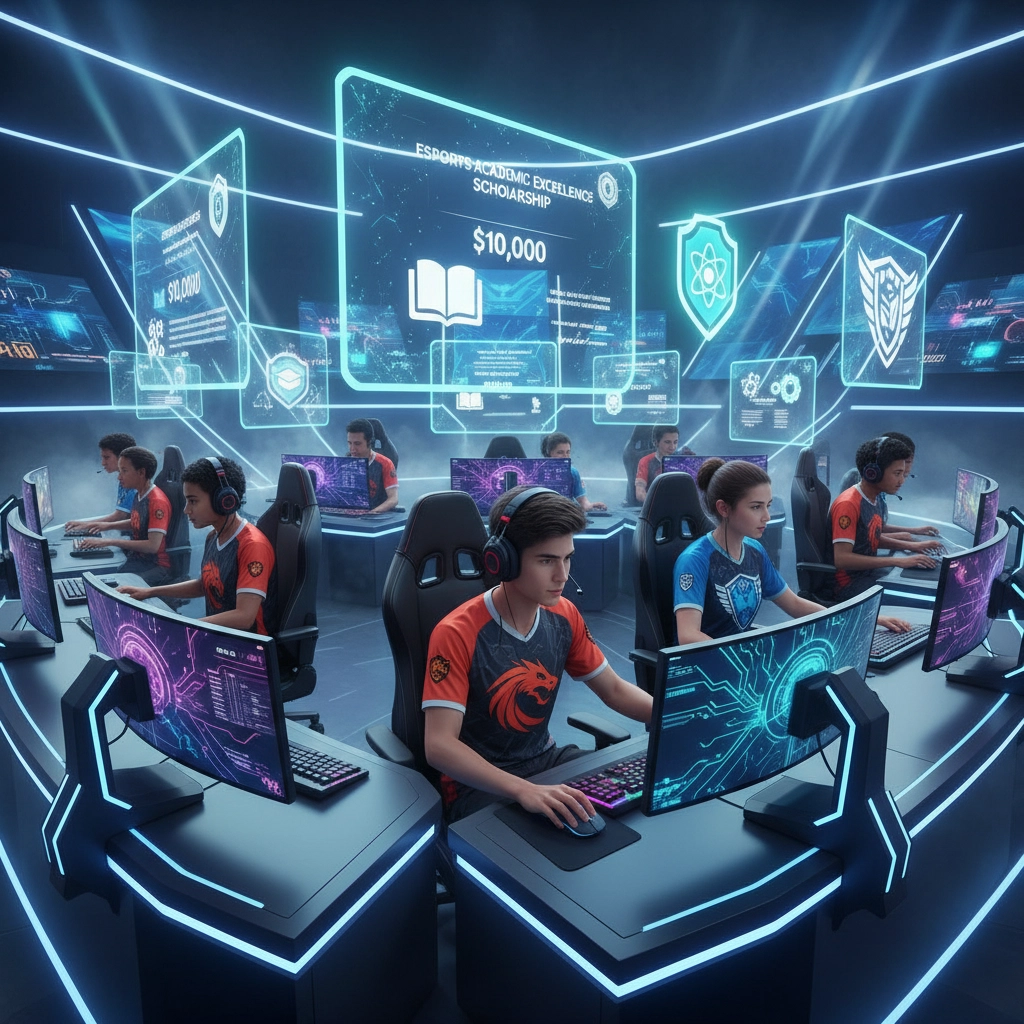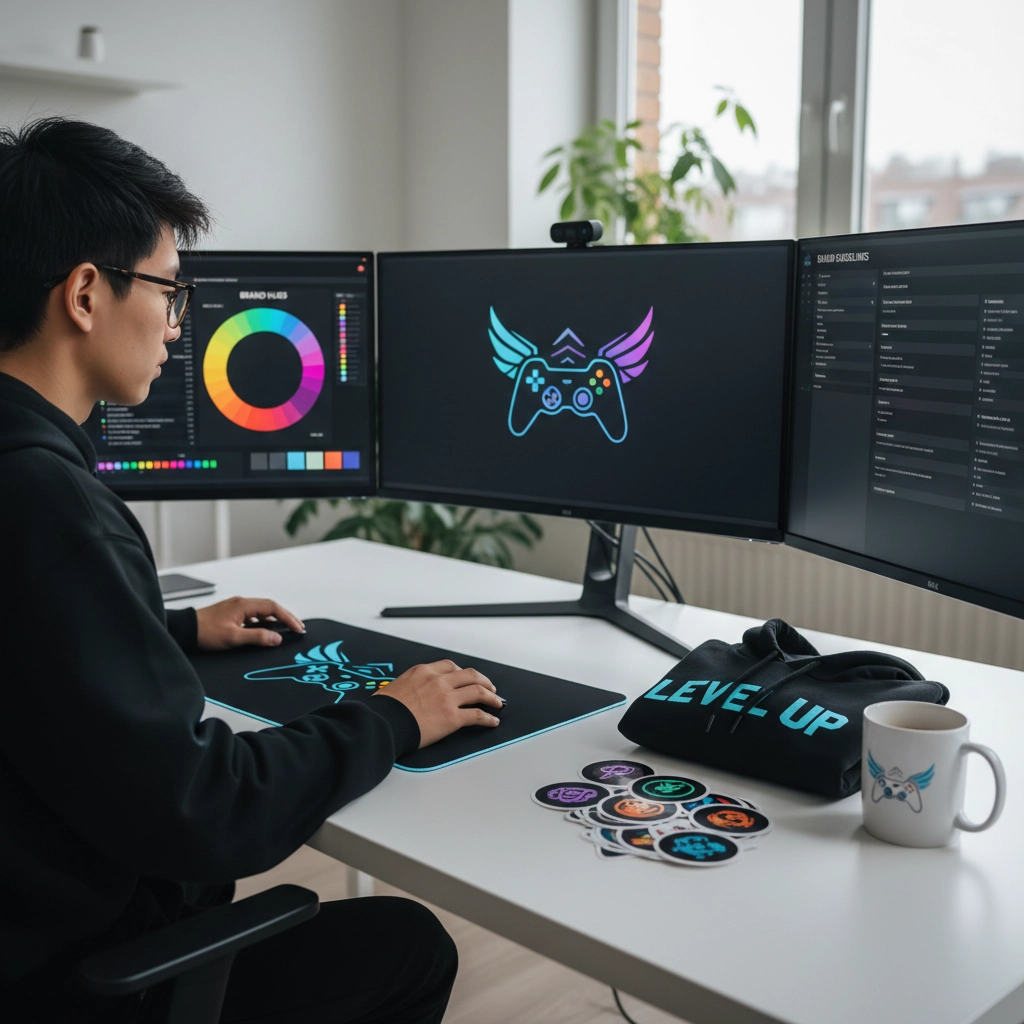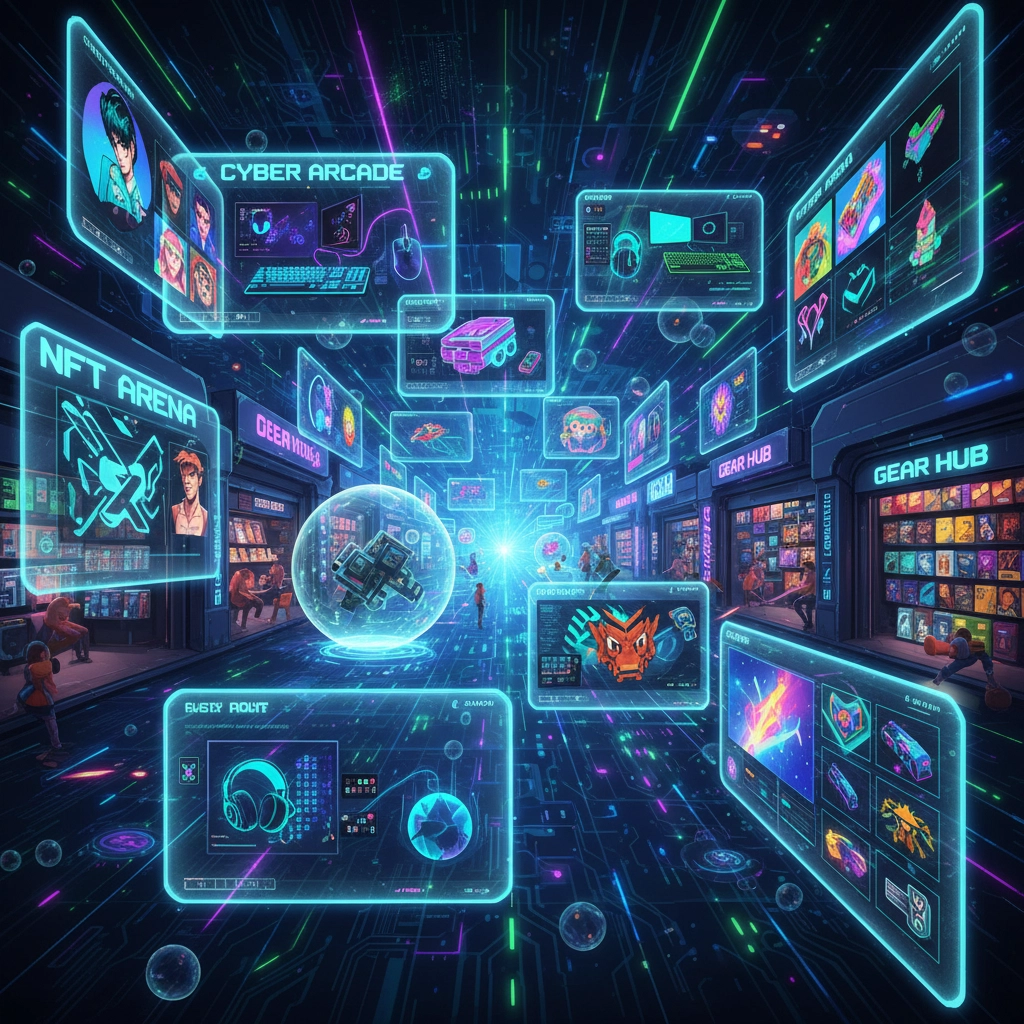The intersection of Name, Image, and Likeness rights, competitive gaming, and structured educational programming represents a systematic approach to athlete development in the digital era. Educational institutions and technology platforms are implementing comprehensive frameworks that address both competitive performance and professional preparation through integrated scholarship programs and brand partnership initiatives.
NIL Scholarship Programs in Esports Development
The establishment of NIL scholarship programs specifically targeting esports athletes addresses the growing recognition of competitive gaming as a legitimate athletic discipline. These programs provide structured pathways for athletes to develop professional competencies while maintaining competitive focus. Scholarship recipients access educational modules covering intellectual property rights, contract negotiation principles, and digital marketing fundamentals.
Fanz LLC has implemented a matching fund structure that enables brand partners to contribute to scholarship allocations up to five million dollars in total brand activation value. This funding model creates sustainable revenue streams for educational programming while providing brands with direct access to emerging talent in the esports sector.

The scholarship framework operates through standardized application processes that evaluate competitive performance, academic standing, and professional development potential. Recipients must maintain specified performance metrics across both competitive and educational components to retain funding eligibility.
Brand Building and Identity Development
Educational curricula within these programs address fundamental aspects of personal brand construction and digital identity management. Athletes learn systematic approaches to logo design, visual identity systems, and brand positioning strategies. These educational components provide practical skills applicable across multiple professional contexts beyond competitive gaming.
Brand building modules cover trademark considerations, copyright protections, and licensing agreements. Athletes develop understanding of intellectual property fundamentals through hands-on projects involving logo creation, merchandise design, and digital asset development. This practical application of legal concepts provides immediate relevance to their competitive careers.
The integration of brand development education with competitive training creates comprehensive skill sets that extend beyond gaming performance. Athletes acquire transferable competencies in project management, creative direction, and business development through structured learning experiences.
Merchandise and Digital Asset Creation
Educational programs incorporate comprehensive training in merchandise development and e-commerce operations. Athletes learn product design principles, supply chain management, and retail marketing strategies through practical application projects. These components prepare participants for entrepreneurial ventures within the gaming and entertainment industries.

Digital asset creation represents a significant component of modern brand development education. Programs provide instruction in NFT development, blockchain technology fundamentals, and digital marketplace operations. Athletes gain hands-on experience creating, marketing, and distributing digital collectibles and artistic works.
Art store creation and management constitute additional educational elements that combine creative expression with business operations. Participants develop portfolios of original artwork, learn pricing strategies, and implement online storefront systems. These experiences provide practical understanding of creative entrepreneurship within digital markets.
Professional Internship Integration
Internship programs within the educational framework provide direct professional experience across multiple industry sectors. Participants engage with gaming companies, marketing agencies, and technology firms to develop practical competencies in professional environments. These placements offer structured learning experiences that complement academic instruction.
The internship component addresses critical gaps between academic learning and professional application. Participants work on real projects with measurable outcomes while receiving mentorship from industry professionals. This experiential learning model provides immediate application of educational content in professional contexts.
Brand partners participating in the scholarship program provide internship placements that align with their operational needs and the participants' educational objectives. This mutually beneficial arrangement creates sustained engagement between educational institutions, students, and industry partners.
Educational Platform Infrastructure
The technological infrastructure supporting these educational initiatives incorporates learning management systems, portfolio development tools, and professional networking capabilities. Participants access standardized curricula, track progress through competency assessments, and develop professional portfolios that demonstrate acquired skills.
Educational content delivery utilizes multiple formats including video instruction, interactive simulations, and project-based learning modules. This diversified approach accommodates different learning preferences while maintaining consistent educational standards across participant groups.

Assessment methodologies incorporate both theoretical knowledge evaluation and practical skill demonstration. Participants complete certification requirements that validate competency levels and provide credentials recognized by industry partners. These credentials enhance professional opportunities and provide measurable educational outcomes.
Brand Partnership and Activation Strategies
Brand partners engaging with NIL scholarship programs access structured pathways for talent identification and development. Partnership arrangements include direct financial contributions to scholarship funds, internship placement provisions, and collaborative project development opportunities. These partnerships create sustainable funding models for educational programming.
The five million dollar matching fund structure provides scalable investment opportunities for brands across multiple market segments. Partners can align investment levels with strategic objectives while supporting educational initiatives that develop future industry talent. This approach creates measurable returns on brand activation investments.
Brand activation through educational partnerships extends beyond traditional sponsorship models to include collaborative content creation, product development projects, and market research initiatives. These activities provide authentic engagement opportunities that benefit both brands and participating athletes.
Implementation and Program Structure
Program implementation requires coordination between educational institutions, technology platforms, and industry partners. Administrative frameworks address application processing, progress tracking, and outcome measurement across multiple participant cohorts. These systems ensure consistent program delivery and measurable educational outcomes.
Scheduling and curriculum delivery accommodate competitive gaming schedules while maintaining educational rigor. Flexible learning options include asynchronous content access, weekend workshops, and intensive seminar sessions. This adaptability ensures program accessibility for athletes with demanding competitive commitments.

Quality assurance measures include regular curriculum updates, instructor certification requirements, and participant feedback integration. These processes maintain educational standards while adapting to evolving industry needs and technological developments.
Long-term Career Development
The comprehensive approach to NIL education, esports participation, and professional development creates pathways for sustained career growth beyond competitive gaming. Participants develop skill sets applicable across technology, marketing, entertainment, and entrepreneurship sectors. This diversification provides career security and professional flexibility.
Alumni networks facilitate ongoing professional connections and collaborative opportunities among program graduates. These networks provide continued support for career advancement and entrepreneurial ventures while strengthening the overall program community.
The integration of NIL rights education with practical business skills prepares athletes for leadership roles within the growing esports and gaming industries. Participants gain understanding of industry operations, market dynamics, and strategic development principles that position them for executive and entrepreneurial opportunities.
This systematic approach to athlete development represents a sustainable model for preparing competitive gamers for professional success across multiple career trajectories while providing brands with access to emerging talent and authentic engagement opportunities within the rapidly expanding esports market.
